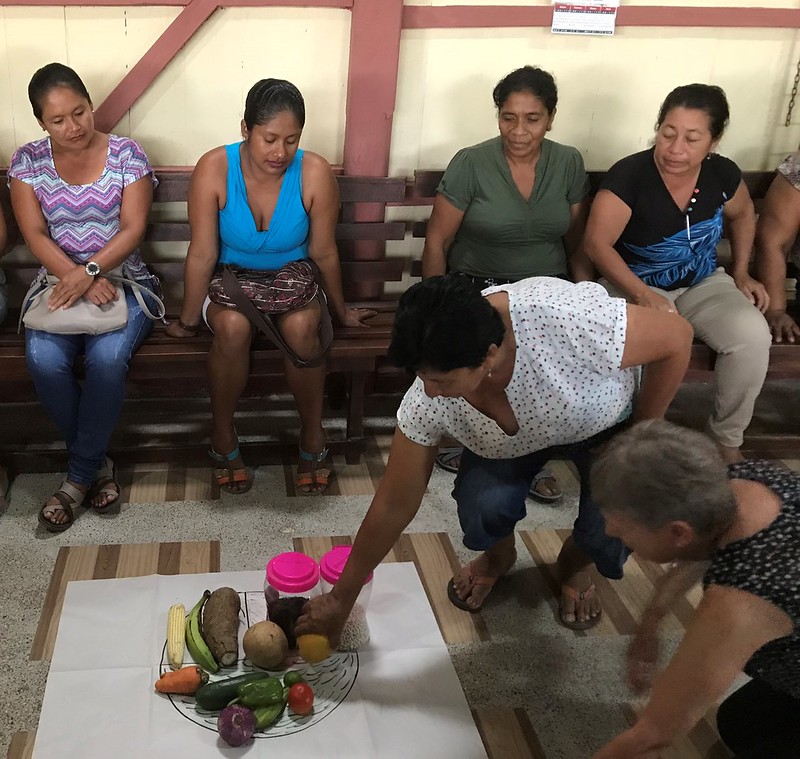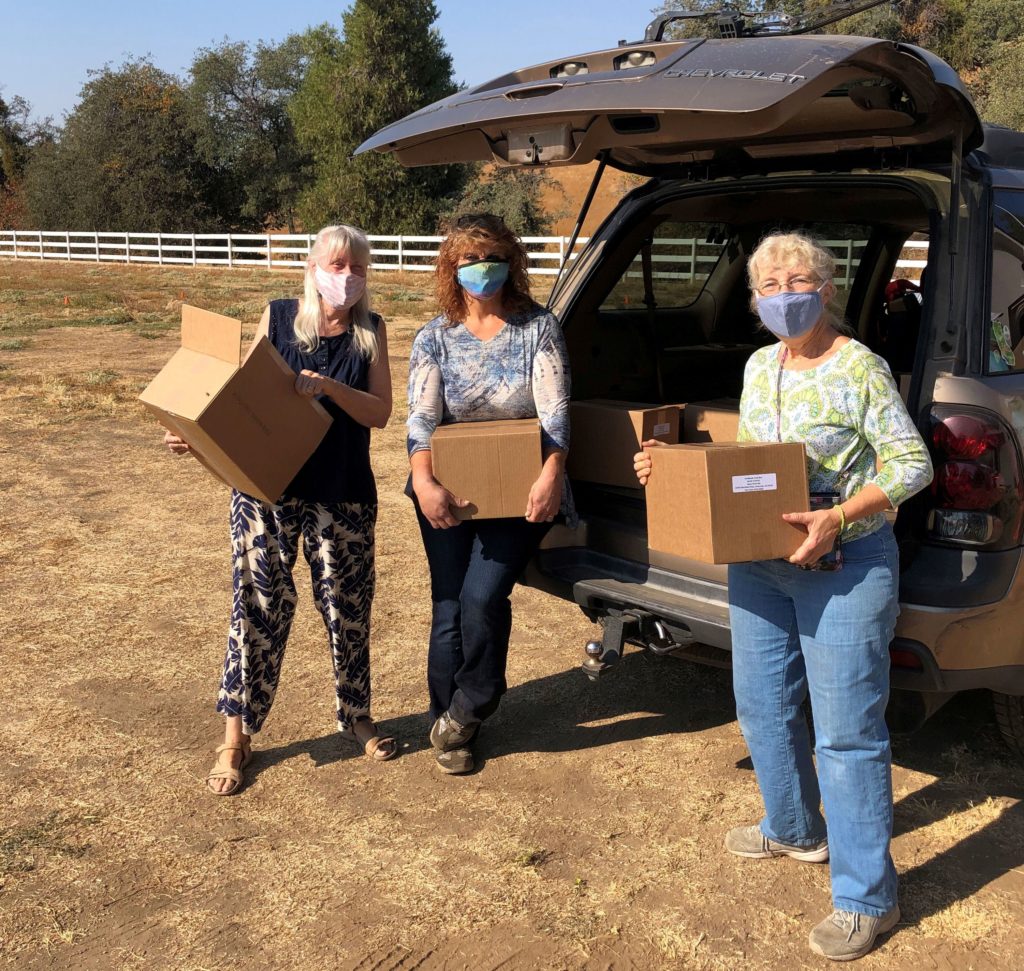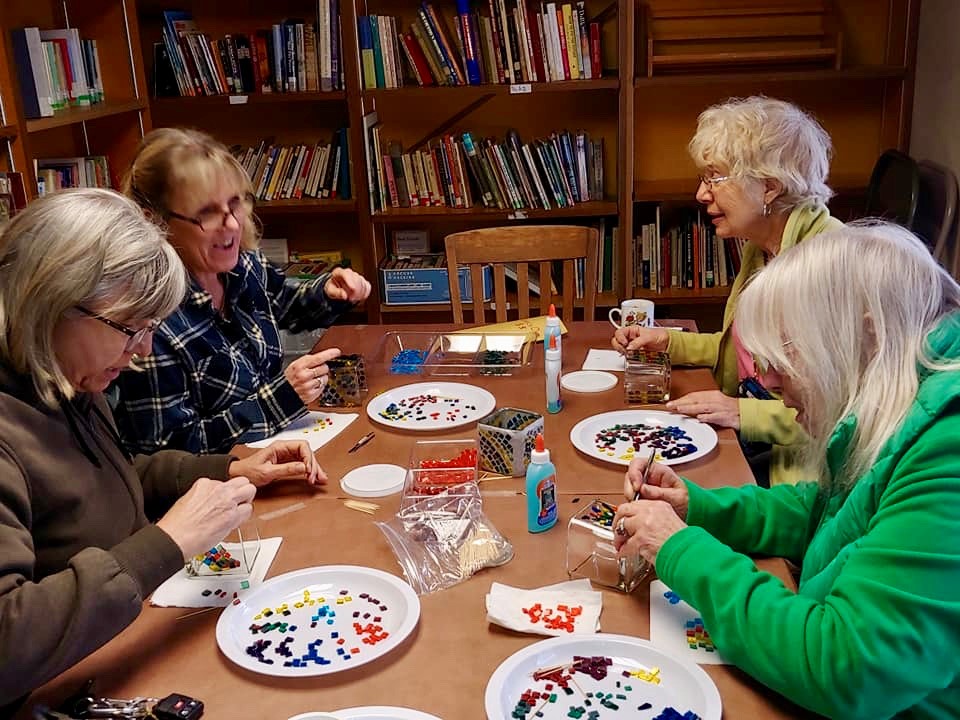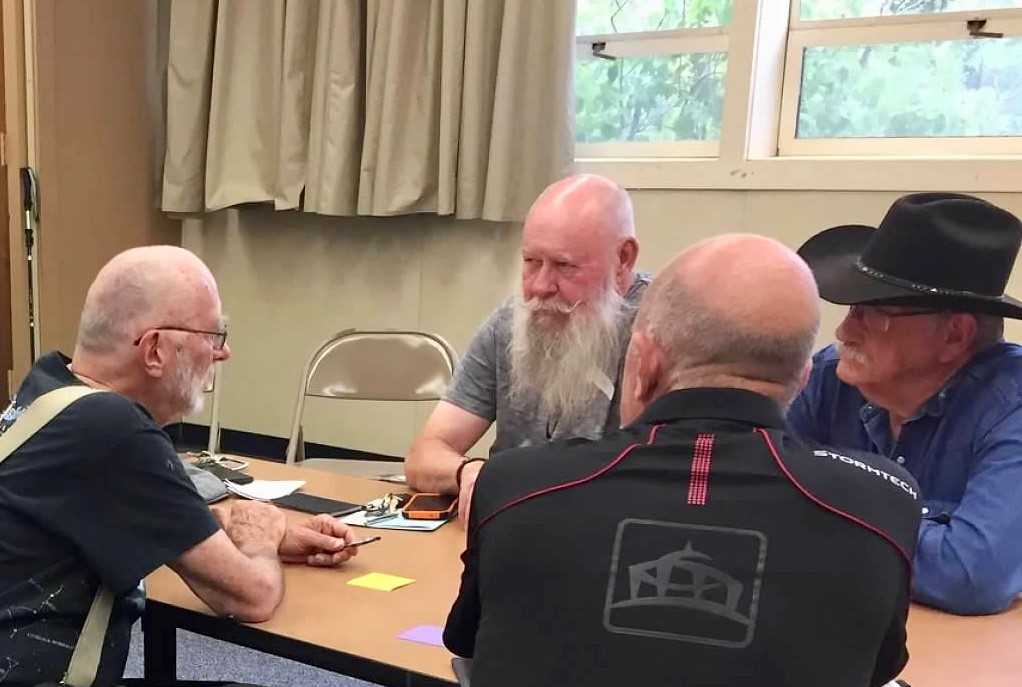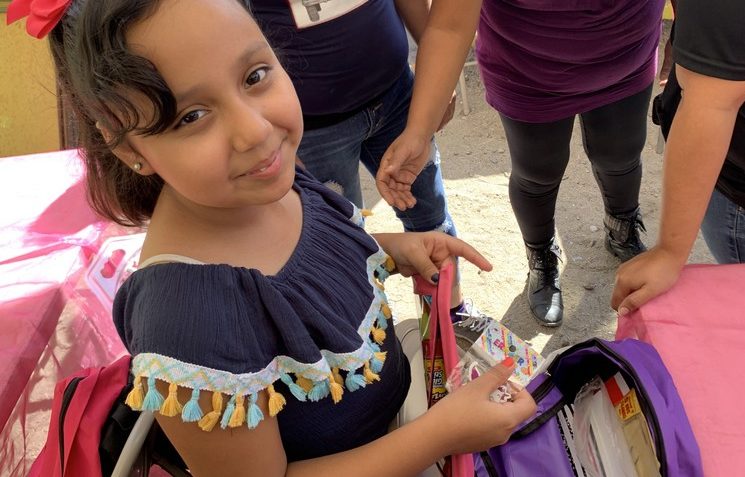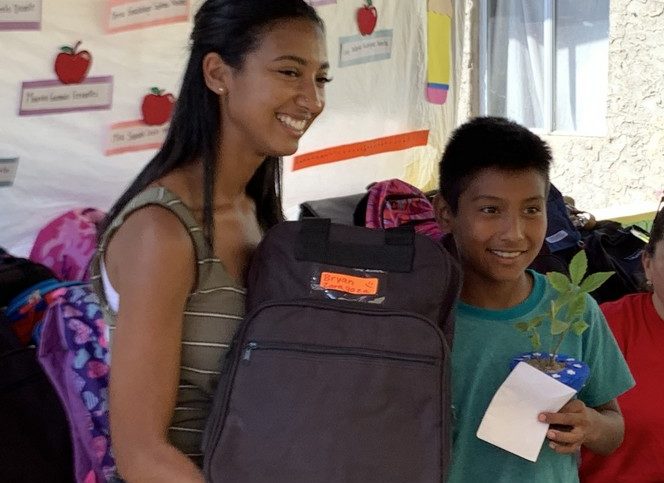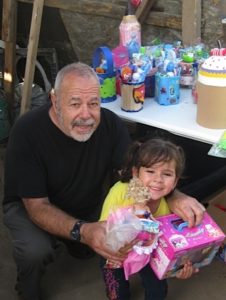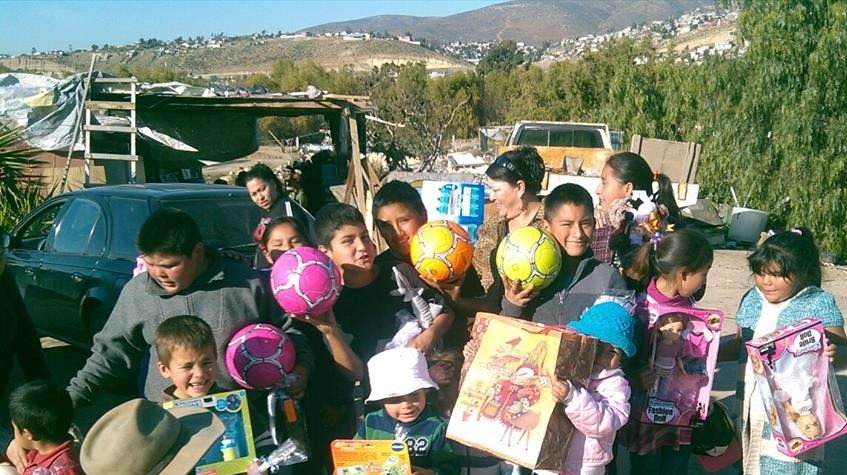‘Food for Change’ in Ecuador
We are happy to introduce FUEGOS, one of our newest Susila Dharma projects. Its name stands for Fundación para los Emprendimientos Gastronómicos y las Oportunidades Sostenibles in Spanish (English: Foundation for Gastronomical Entrepreneurship and Sustainable Opportunities). FUEGOS aims to bring about positive social, economic and health change via several exciting and innovative projects, all centered around food.
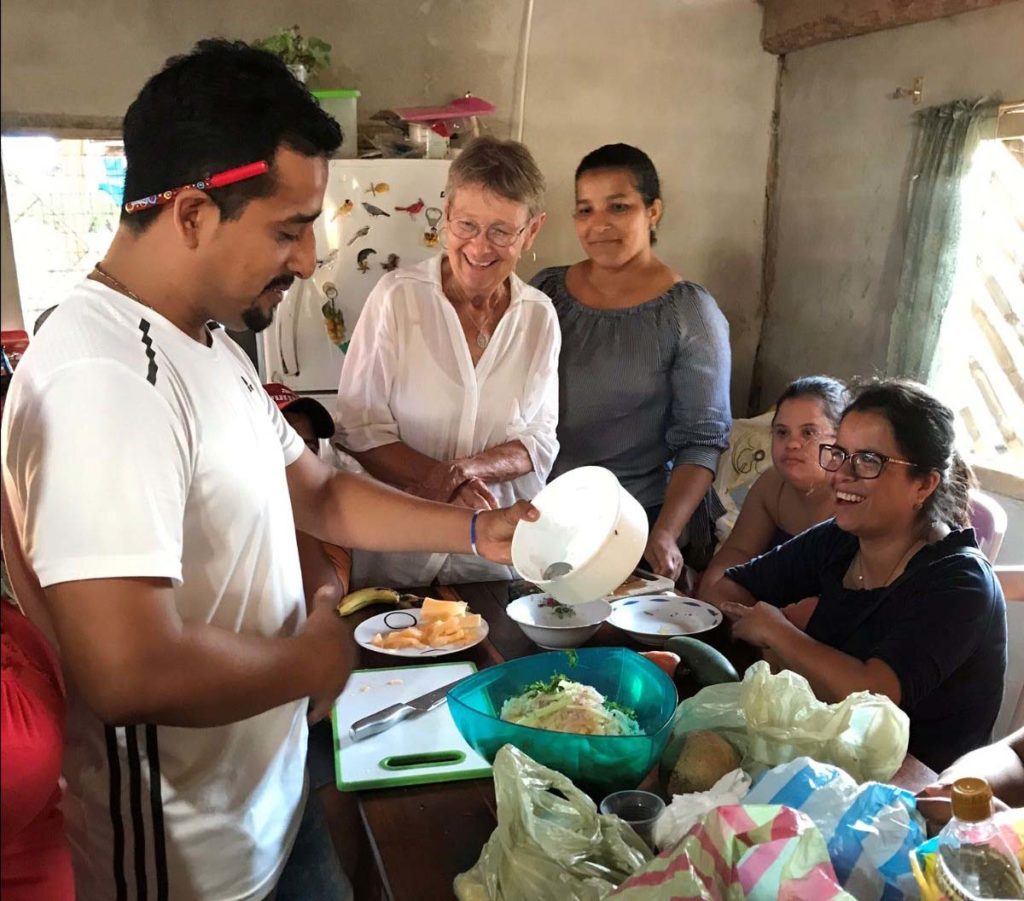
The coastal province of Manabí boasts prodigious biodiversity and a rich culinary tradition, yet 70% of the population lives below the poverty line. “Everyone in Ecuador thinks that food from Manabí is the best in the country,” says Michelle O. Fried, Project Director and co-founder of FUEGOS. Traditional Manabí cuisine, rich in fiber and micro-nutrients, also offers many health benefits. However, local dishes have been displaced by a modern diet high in processed carbohydrates and fats. Diabetes, cardiovascular disease and cancer are common, as are obesity and even malnutrition, though many Ecuadorians are unaware of any connection between diet and health.
In 2016, a devastating earthquake struck this already very poor region. Close to 700 people were killed and 100,000 were left homeless. Many still live in tents today. The earthquake exacerbated pre-existing problems such as water shortages, unemployment and crime. Youth and women have been particularly hard hit by the lack of economic opportunities. Despite all these challenges, FUEGOS seeks to harness the potential of food to become a driving force for social transformation.
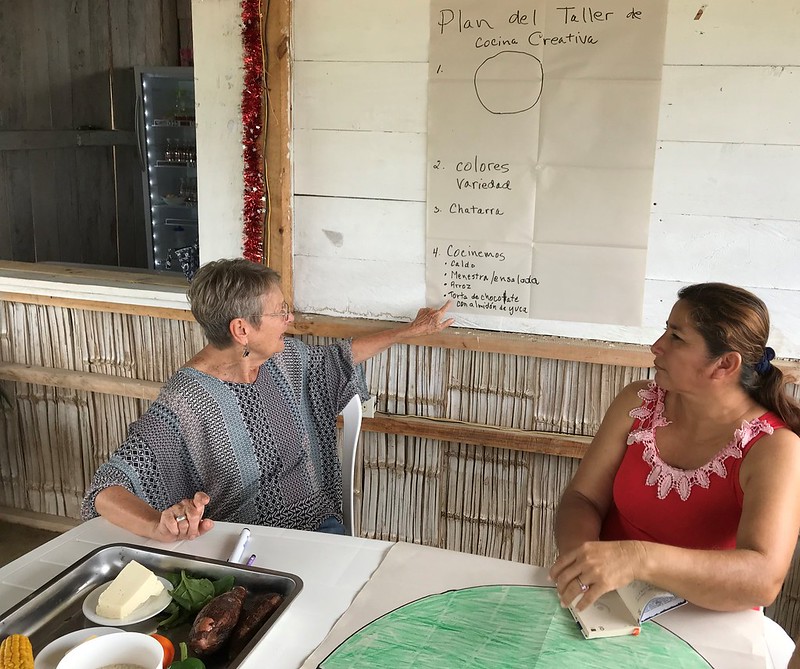
Restaurant and Food & Hospitality School
FUEGOS is in the process of establishing a Restaurant and Food & Hospitality School in San Vicente, a small fishing town in northern Manabí close to the epicenter of the 2016 earthquake. The school will train impoverished youth (prioritizing women) in cooking, nutrition, entrepreneurship and hospitality, as well as sustainable farming and fishing. The restaurant will serve as an internship opportunity, while strengthening the local population’s cultural identity through the recovery of regional cuisine. The goal: to equip students with knowledge and skills to work in the culinary sector and establish their own businesses — strengthening local economies, empowering the area’s most vulnerable youth, improving nutrition and health, and reigniting appreciation of local foods.
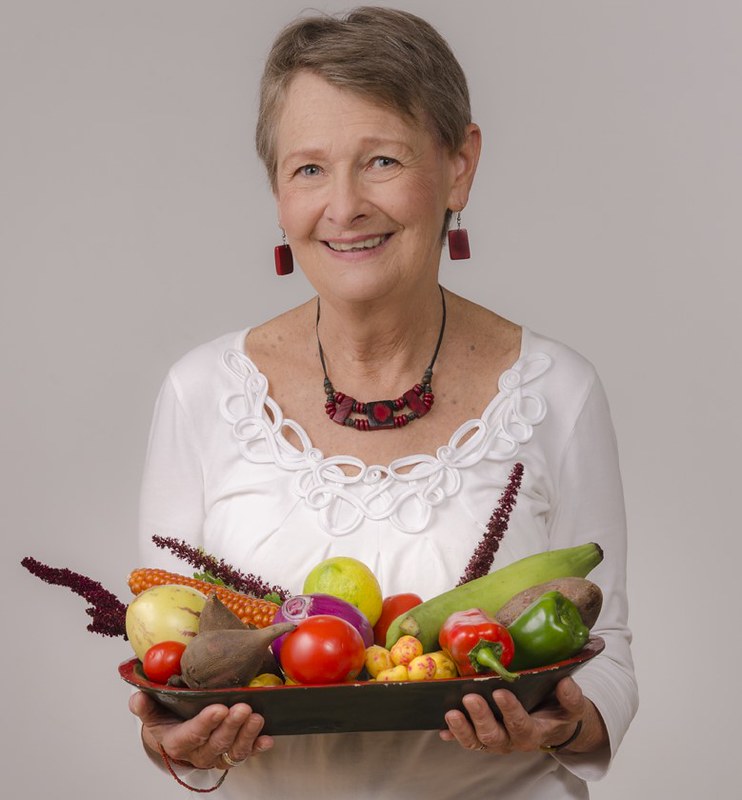
Community-based Family Homestay Program
In order to fulfill the school’s aim of serving impoverished women and youth from the zone of the devastating earthquake, lodging for out-of-town students must be provided. FUEGOS has developed a Family Homestay Program in which local families will be trained to host visitors. Students coming from afar will thus have a place to stay. Once families have become experienced in receiving students in their homes, arrangements will be made for them to also host paying international students and tourists. The Family Homestay Program has the real potential to eventually make FUEGOS a self-sustaining project.
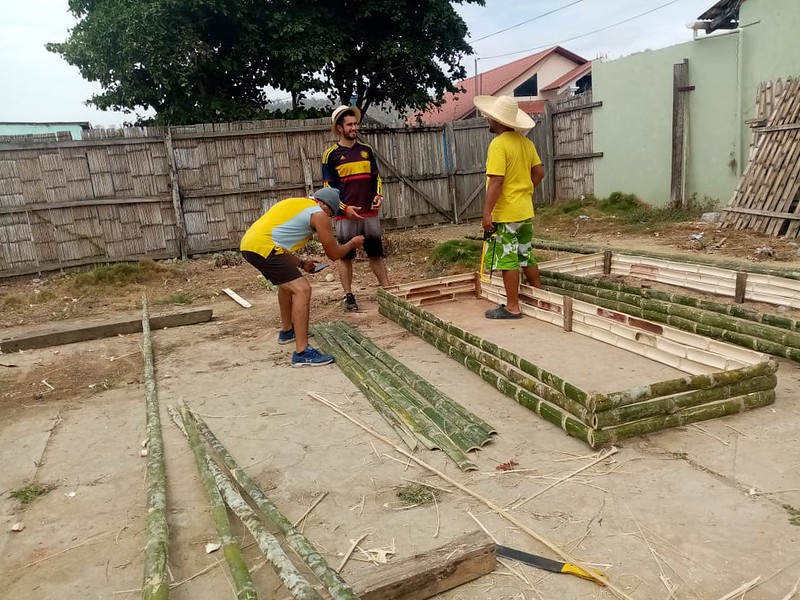
Family Gardens
At the start of 2020, everything was in place for a Spring launch of the Restaurant and Food & Hospitality School and Family Homestay Program. Then the Covid-19 pandemic hit. Plans had to be put on hold, but the FUEGOS team did not wait idly. Instead, they researched, planned, and networked with the local San Vicente community to devise a brand new component to the project: Family Gardens. Families from different areas of town were selected and trained to improve existing home gardens — and family diets — and learn about the connection between food, health, and the environment. Since summer 2020, a core group of families has been building raised beds, planting traditional seedlings, making compost, and more. Their gardens will soon become “demonstrative gardens” that can be used in training others in the community about successful urban gardening. Additional benefits:
• Many Gardens Project families have turned out to be good candidates for the Homestay Program. Relationships between FUEGOS and the local community are growing stronger.
• One of the new gardens is located at the Restaurant and Food & Hospitality School. When the school opens (hopefully soon!) the garden is expected to provide enough fresh, local produce to eliminate the need to buy produce from other areas, full of agro-toxins.
• Families are feeling empowered and excited by their gardens’ increased yields. They are having fun swapping traditional culinary preparations made from homegrown produce. Michelle shares this story:
Zeus Giler is FUEGOS ́ local agronomist, helping families in San Vicente create gardens that will feed them. Zeus is young, handsome, bright and humble. He is from a poor family but moved out of the hills to study agronomy in a two year course. He loves sharing his knowledge and is an inspiration to the community of San Vicente. He is part of the national agro ecological network where his uncle, an expert in community theatre has been a central figure. Zeus lives about two hours from San Vicente up in the hills. Completely before he even had hopes of any remuneration he decided to come to San Vicente to get to meet in person (all previous contacts had been virtual) the families and other members of the Family Gardens and Kitchens team. As he arrived in San Vicente he texted me saying he had brought a winter squash preparation made by his great grandmother. As a group we had been talking about the nutritional value of foods that perhaps were no longer appreciated in Manabí and the team told me about winter squash, how it had such low prestige that it was mainly given to pigs. Well, after learning that it is very high in antioxidants that up our defenses to ward off Covid-19, Zeus apparently had decided to ask his great grandmother to prepare a traditional recipe, made with squash as well as a variety of white corn which is becoming extinct. She had cooked it over a fire in a traditional oven, two hours away in the mountains, then he brought it to the gathering in the Pacific where some people are still living in tents! He shared the scrumptious dish with the Families team, none of whom had ever heard of or tasted it before. They wrote to me that it was really good… How delicious and fun — this healthy food community.
The Restaurant and Food & Hospitality School, as well as the Family Homestay Program, are poised to start up by mid-2021. In the meantime, ties between FUEGOS and the local community are strengthening, and families are already reaping the benefits of improved harvests and newfound knowledge of local cuisine. From Michelle: “I look forward to helping [the group] appreciate many local vegetables and fruits that have become almost extinct… We can help people have a business that is based on their own culture which will raise their self-esteem… It’s an overwhelming situation that we have taken on. I can only justify it by knowing how extremely good the food is there – and that’s the thing I love!”
Visit FUEGOS’ website here and co-founder Michelle O. Fried’s website here.
